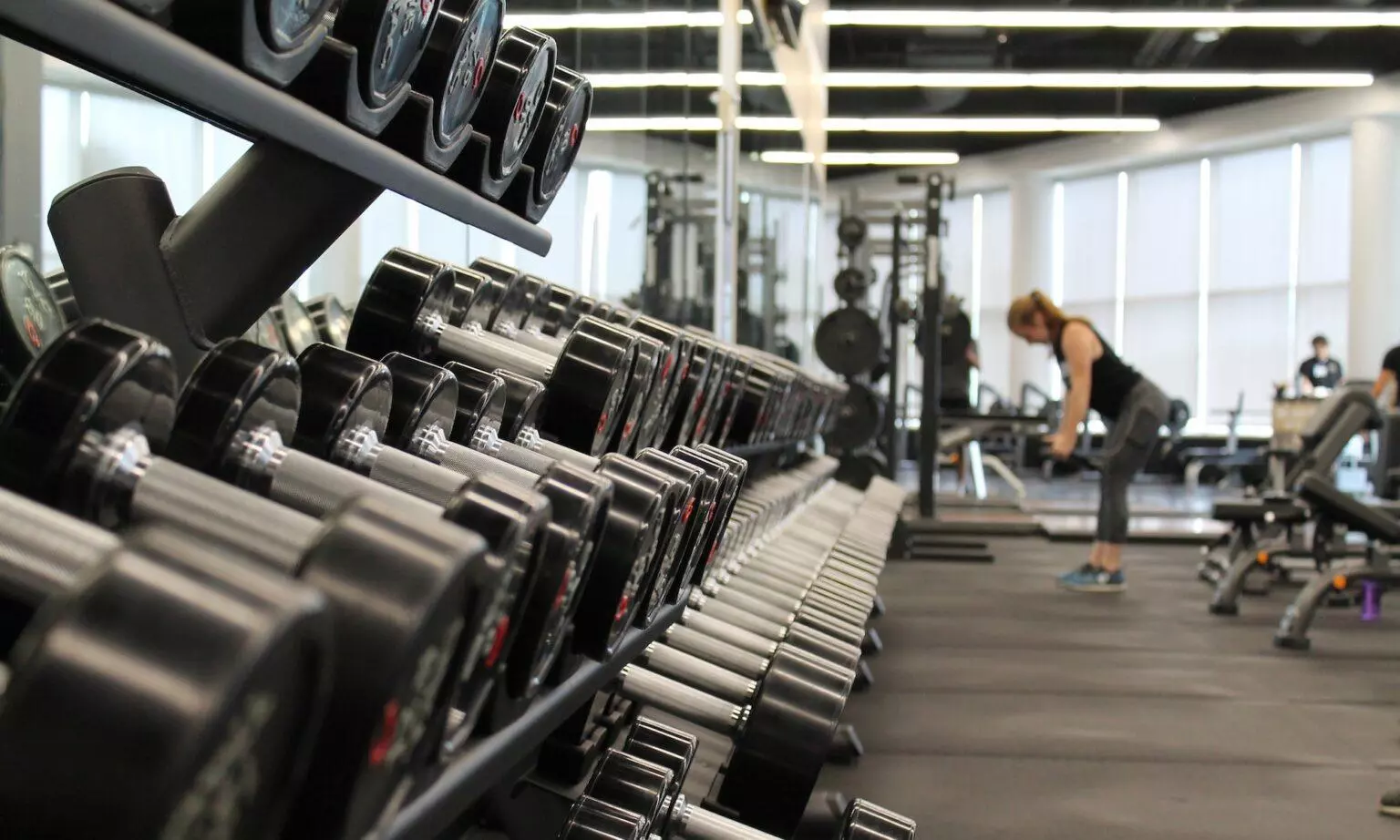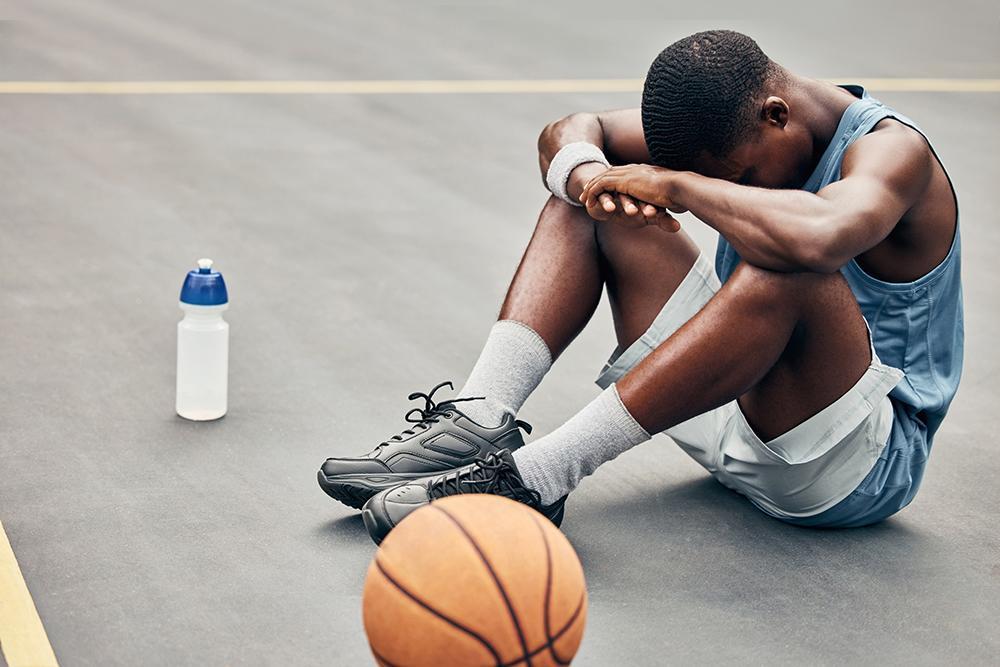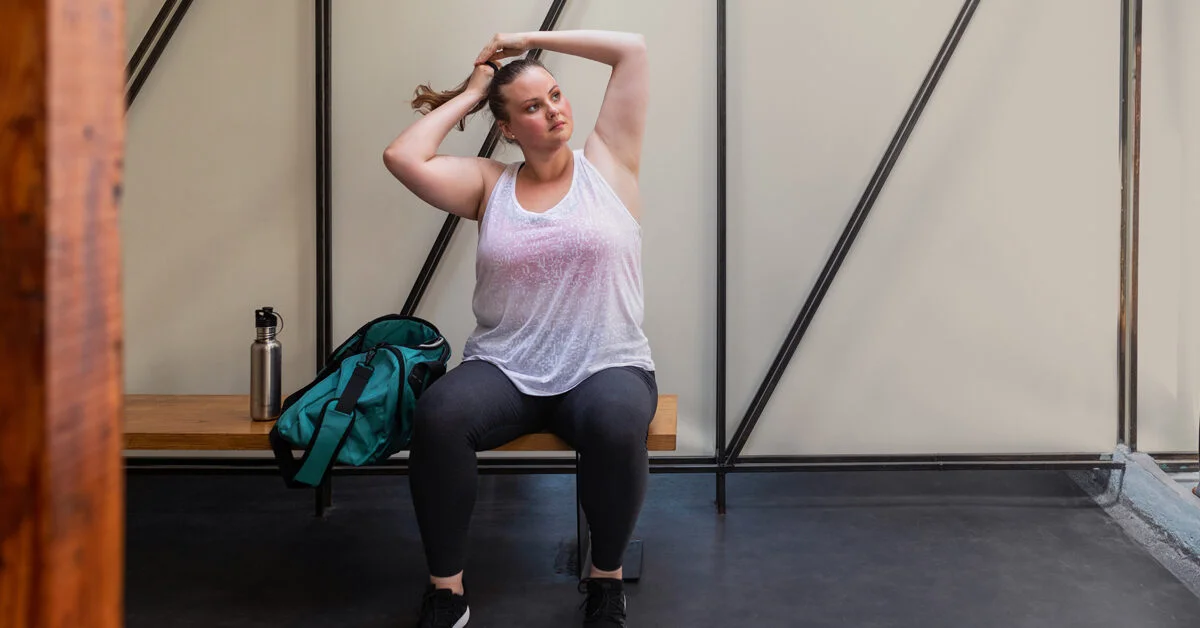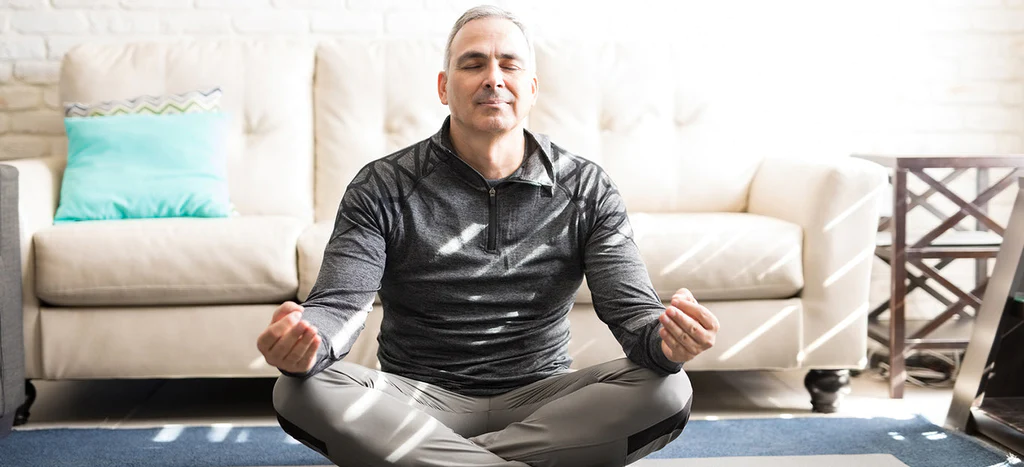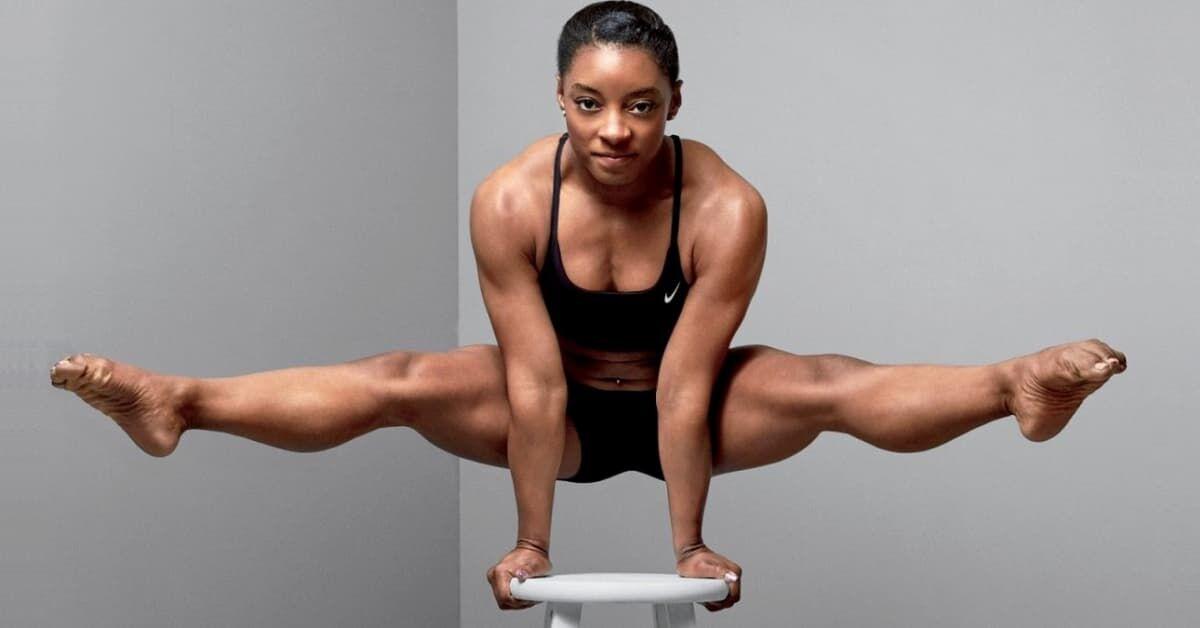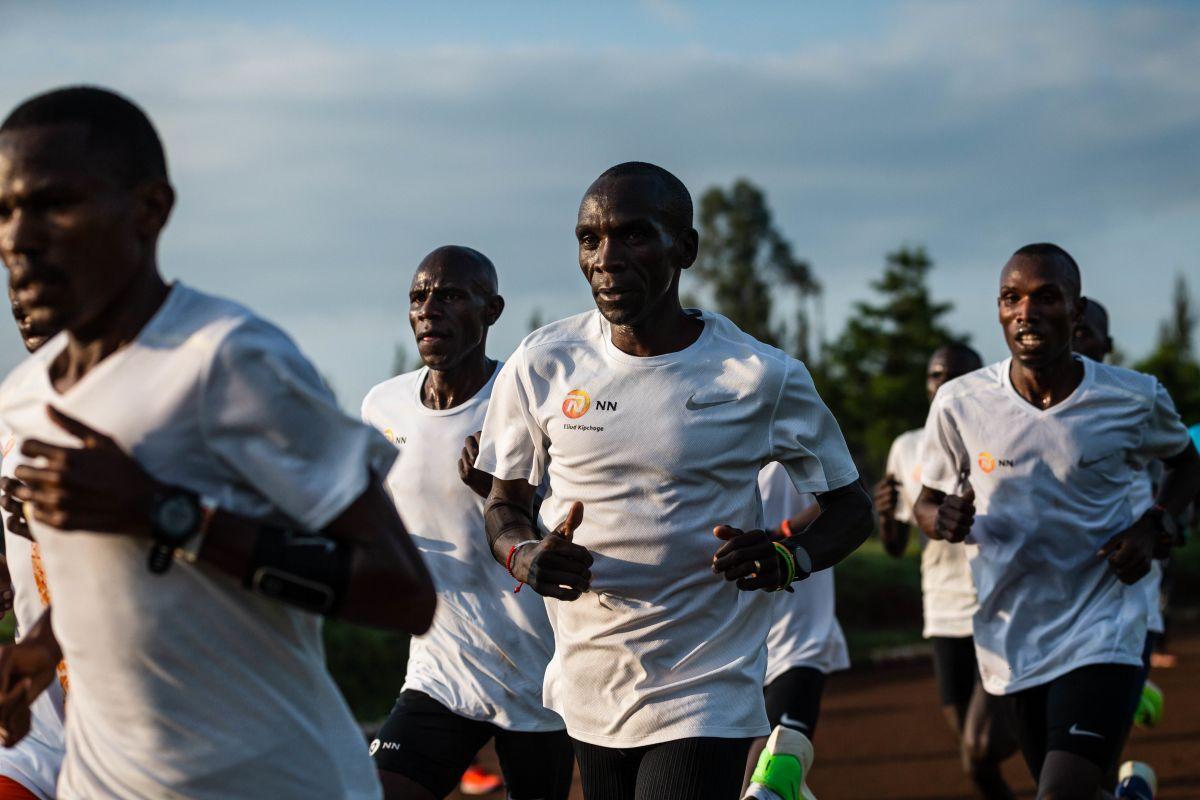Greetings, my esteemed comrades of Fitness Warriors! Today, let us engage in a discourse regarding a topic that often remains overshadowed: the vexing realm of sports-related anxiety. Fear not, for you have not inadvertently stumbled upon a blog of psychology. Rest assured, this remains your unparalleled sanctuary for all matters concerning health and wellness! Nonetheless, …
Continue reading “Understanding and Dealing with Sports-Related Anxiety”
